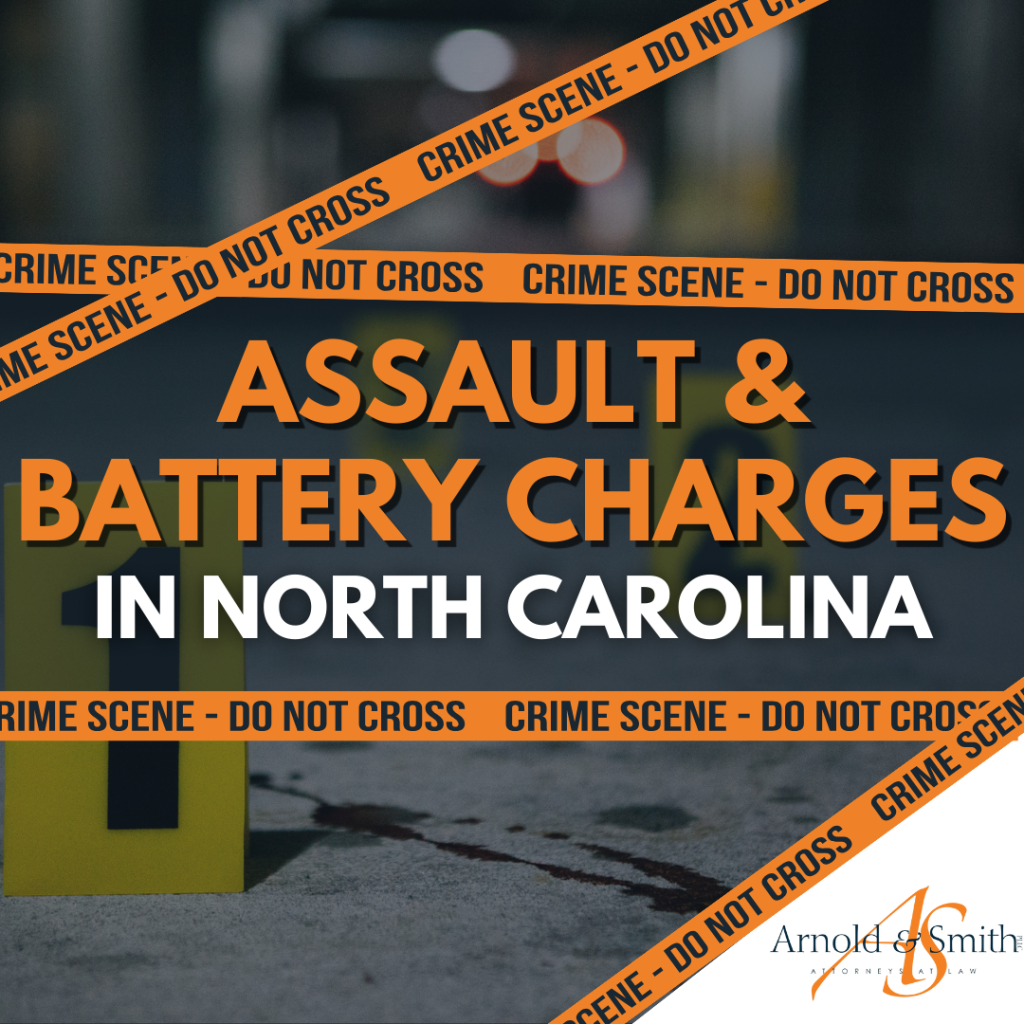 Assault and Battery Charges in North Carolina
Assault and Battery Charges in North Carolina
Assault charges are among the most common types of criminal charges in North Carolina. A conviction of assault charges could result in serious penalties that may include jail time, fines, community service, and more. In North Carolina, there are three main types of crimes that are similar. These include assault, battery, and affray. While these are defined as separate crimes, the penalties if found guilty are basically the same.
- Assault – Assault in North Carolina law is defined as “an attempt to injure another by use of force or violence, or an act of force or violence that places another person in reasonable fear of immediate bodily harm.” An assault occurs when someone intends to cause harm to another and not by accident.
 Charlotte Criminal Lawyer Blog
Charlotte Criminal Lawyer Blog



